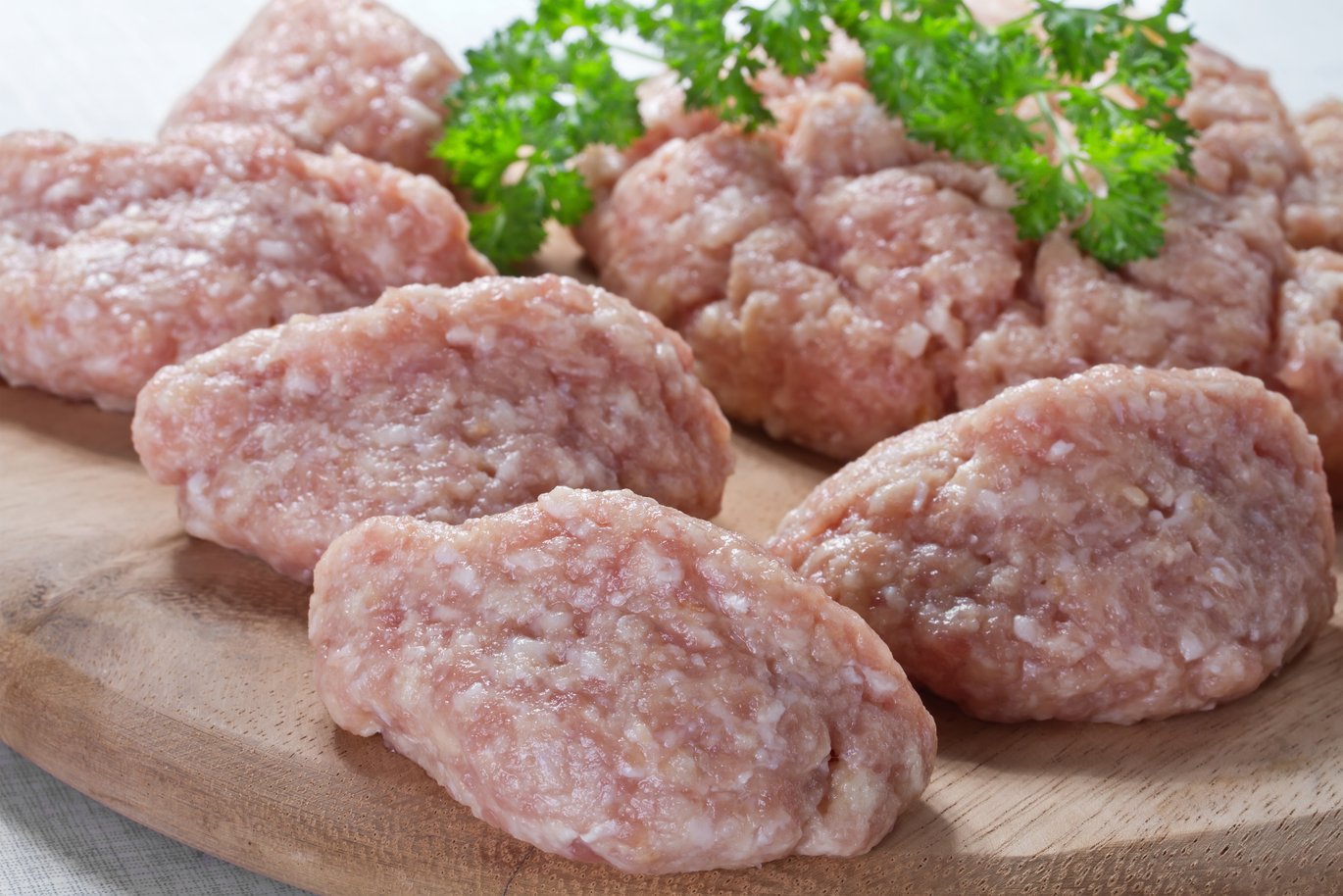Aarhus University’s Department of Food Science boosts development of cellular foods
During the next five years the Department of Food Science at Aarhus University is targeting its focus into research on cellular foods by launching the flagship CellFood in corporation with a variety of other departments. The CellFood project is partly financed by a grant of 15 million DKK from Aarhus University Research Foundation.

Over and above the University funding, CellFood is supplemented with financing from private as well as fund-based contributors; allowing investigation of the possibilities for future production of cellular foods. In particular focus will centre on, cultivated meat and milk products – along with precision fermentation, where cells are producing specific components.
Lecturer and Science Leader Jette Feveile Young, the leader of the CellFood project, describes it as being a key potential element of the solution on the food area seen in the light of the present climate challenges:
- Climate change is putting a severe pressure on our production of foods. Furthermore, research has indicated that our consumption of meat which is viewed as specifically harmful to the climate is expected to increase on a global level. Therefore, there is a significant need to examine how we can secure a less harmful production of meat for the future.
Studies from e.g., Finland have shown that the usage of energy and natural resources for cultivated meat is expected to be a fraction of what the traditional meat production emits. However, there is a need for further research within the area.
Jette Feveile Young looks forward to igniting the research on cellular foods and foresees that the CellFood project can function as a bridge between different research environments within foods, engineering, health, and food culture; and foster the creation of a multi-disciplinary research hub. Furthermore, she hopes, that both food and biotechnological companies can identify how they can join, and become a part of the solution too:
- With CellFood, we can, over the next five years, support the development of projects ranging from technological solutions to consumer acceptance. This will generate more knowledge on both the development of cellular foods and how we – over time – will be able to sell the products to the consumers. One thing is to make the products, another thing is to encourage people that the products are something they should consider being a part of their future, sustainable diet.
Cultivated meat on the radio
Jette Feveile Young has recently been a guest on Radio4’s science program Kraniebrud. Here, she tells us a lot more about cultivated meat and the CellFood project in general.
